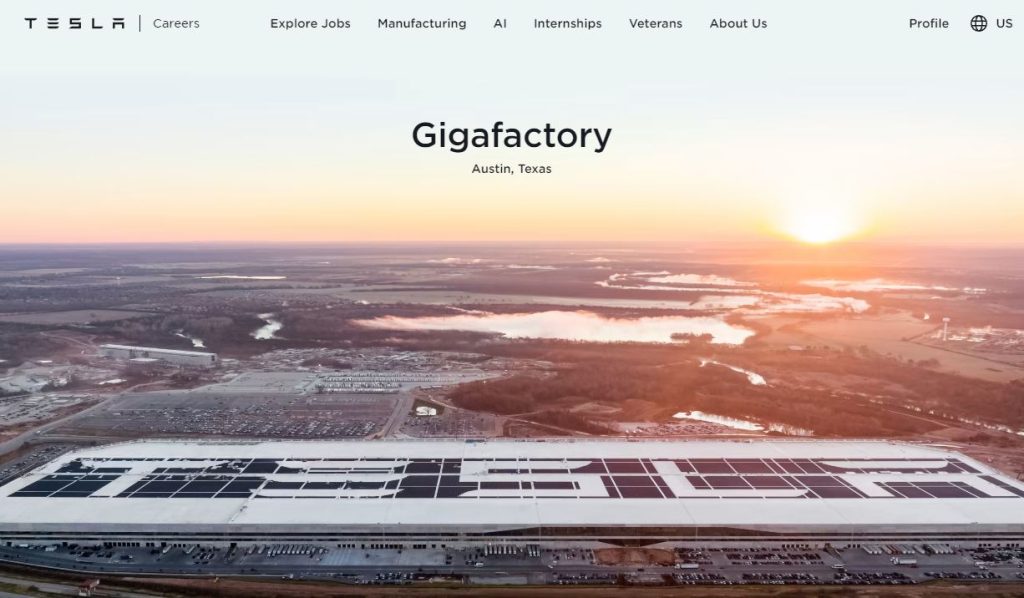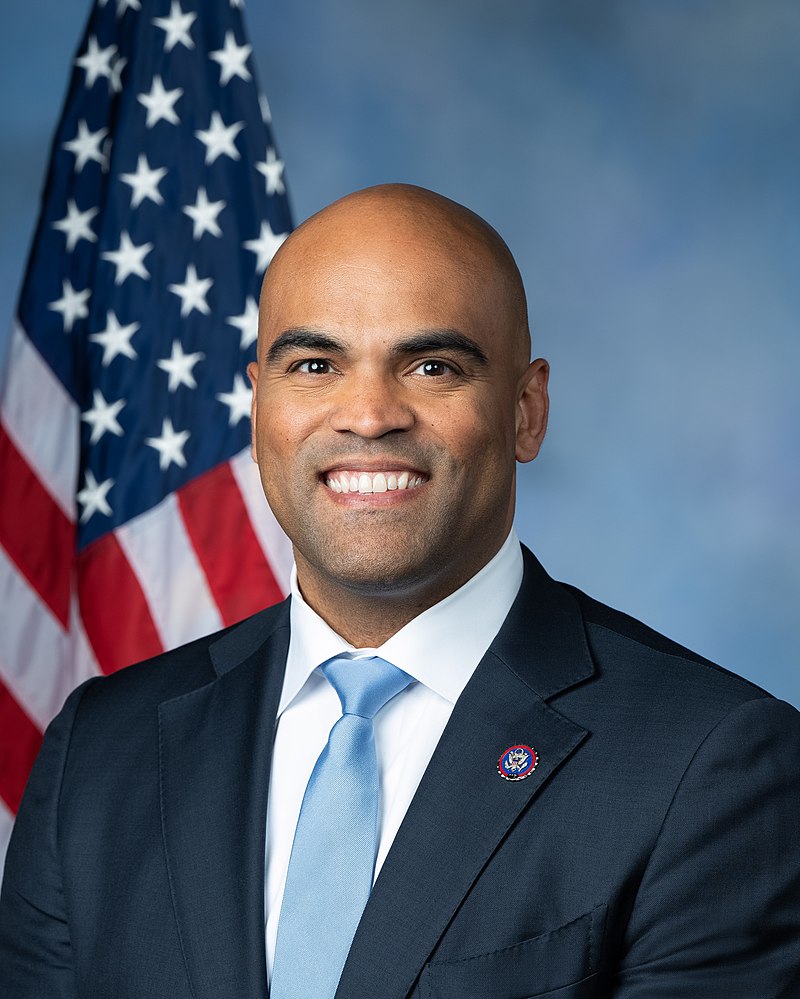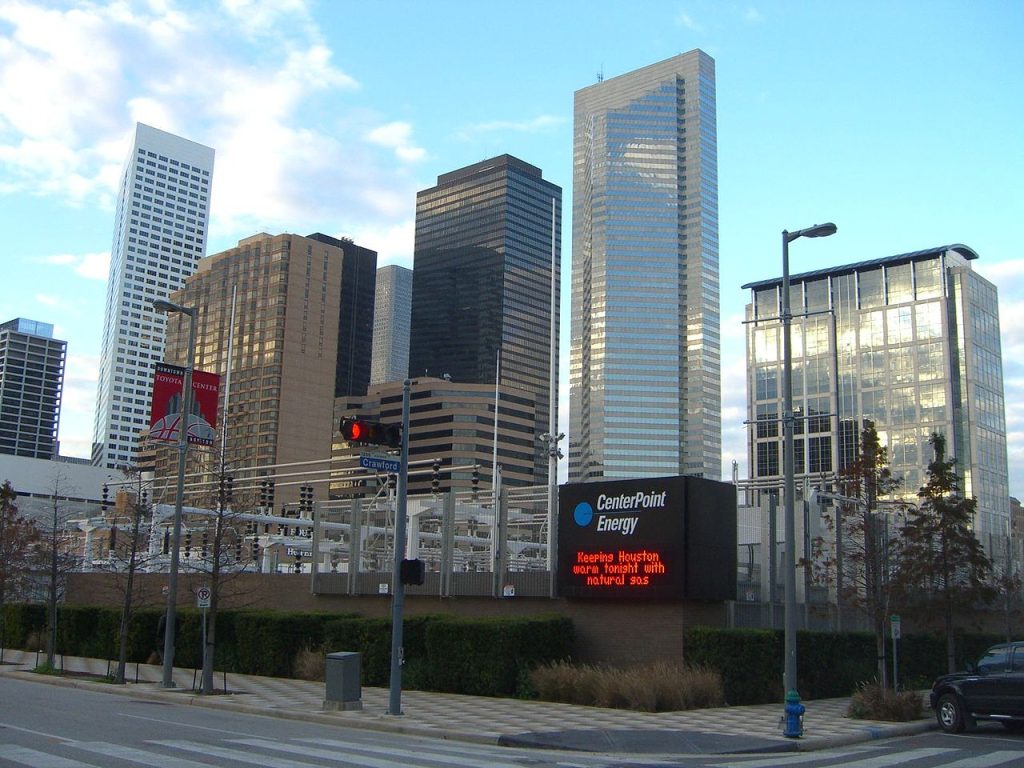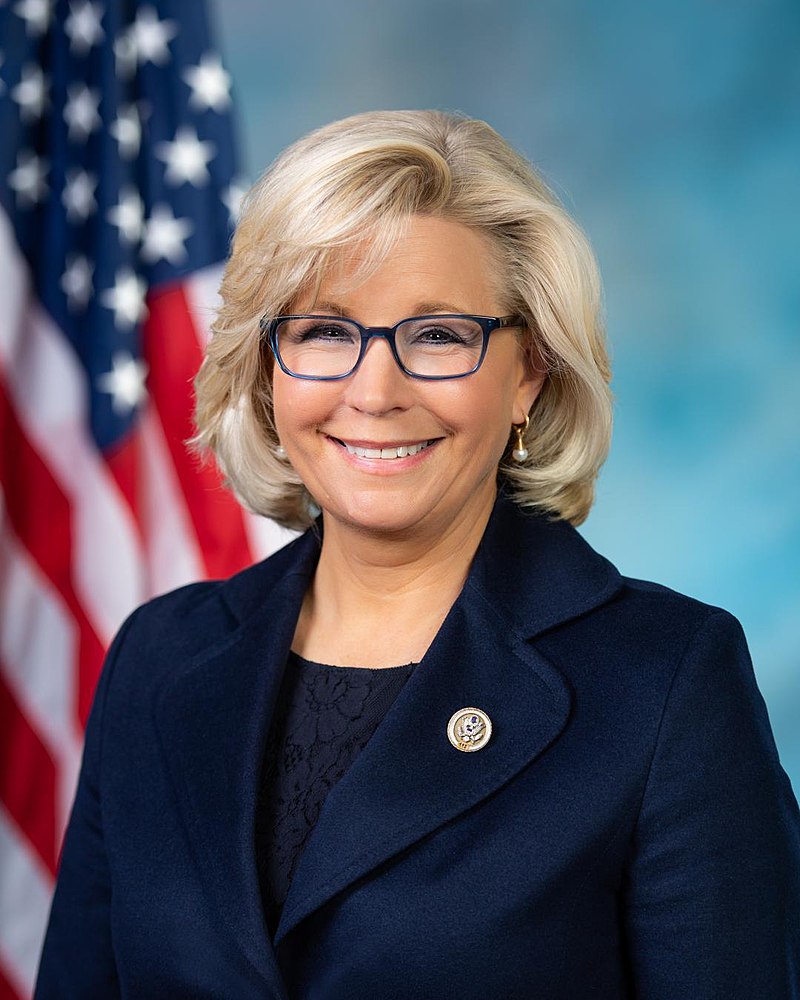The political landscape in Texas is undergoing a significant transformation, and much of it can be traced back to policies enacted in California. Over the past few years, a substantial number of companies and workers have relocated from California to Texas, largely in response to Governor Gavin Newsom’s progressive tax agenda, which many businesses find stifling.

This migration isn’t just an economic story—it’s a political one. Ted Cruz won his 2018 Senate race by a slim margin of 214,921 votes, but with more than 200,000 jobs and countless new residents moving to Texas from Democratic-leaning California, the tide may be turning. Could the wave of new, left-leaning voters from California be enough to flip Cruz’s Senate seat? The numbers suggest it’s possible.

Over the past four years, major companies like Oracle, Tesla, and Hewlett-Packard have moved their headquarters from California to Texas, citing high taxes, stringent regulations, and Newsom’s progressive policies.

These companies like Oracle bring with them not only jobs but also workers—many of whom were shaped by California’s more liberal political climate. This influx of new voters, combined with shifting economic pressures in Texas, could very well alter the state’s political dynamics.

Ted Cruz, who narrowly defeated Democratic challenger Beto O’Rourke in 2018 with 50.9% of the vote to O’Rourke’s 48.3%, now faces a more competitive electorate. Colin Allred, his current Democratic challenger, has already gained ground in the 2024 race, with polls showing the race neck-and-neck.

The fact that Cruz won by fewer than 215,000 votes over Beto O’Rourke in a state that has since absorbed hundreds of thousands of new residents—many from Democratic-leaning California—poses a serious challenge for his re-election campaign.

The migration of jobs and people from California to Texas has altered more than just the state’s economy. It has brought with it new political attitudes. The workers who have moved to Texas are often tech-savvy, socially progressive, and more aligned with the Democratic Party’s platform on key issues such as climate change, social justice, and healthcare. As they settle into Texas’s urban centers like Austin, Houston, and Dallas, their voting power could help shift the political balance.

Economically, the influx of higher-paying jobs has driven up housing prices and increased the cost of living in cities like Austin and Houston, creating pressure for policies that address affordable housing and healthcare. These are issues that Democrats like Colin Allred are already championing, which may help sway voters in his favor. Cruz certainly didn’t make his path any easier with his debacle of a trip during the power outages.

With Democratic endorsements, including a notable one from Republican Liz Cheney, and a rapidly evolving electorate, Cruz’s path to victory is becoming increasingly precarious.

Ironically, the very policies that drove businesses and workers out of California—Newsom’s regulations, taxes, and labor laws—could be what fuels a Democratic surge in Texas. The influx of voters escaping California’s economic policies may end up creating a political shift that flips Texas’s Senate seat from red to blue.

As Texas continues to absorb more Democratic-leaning voters from California, the upcoming election could serve as a turning point. Ted Cruz’s narrow victory margin in 2018, combined with the changing demographics in Texas, suggests that the state may no longer be a Republican stronghold. The possibility of flipping the seat grows stronger with every new arrival from California, and the 2024 Senate race may be the most competitive Texas has seen in decades.





